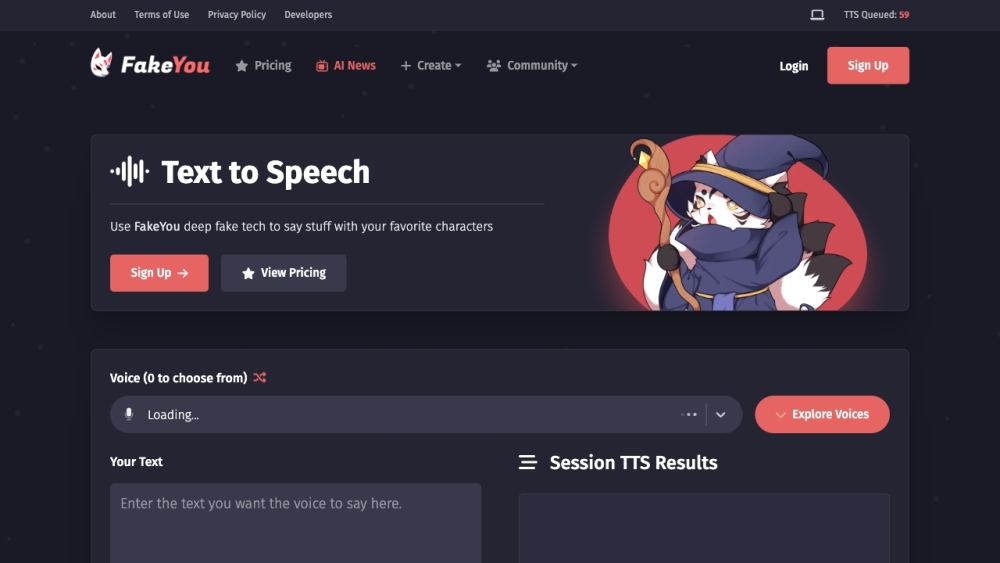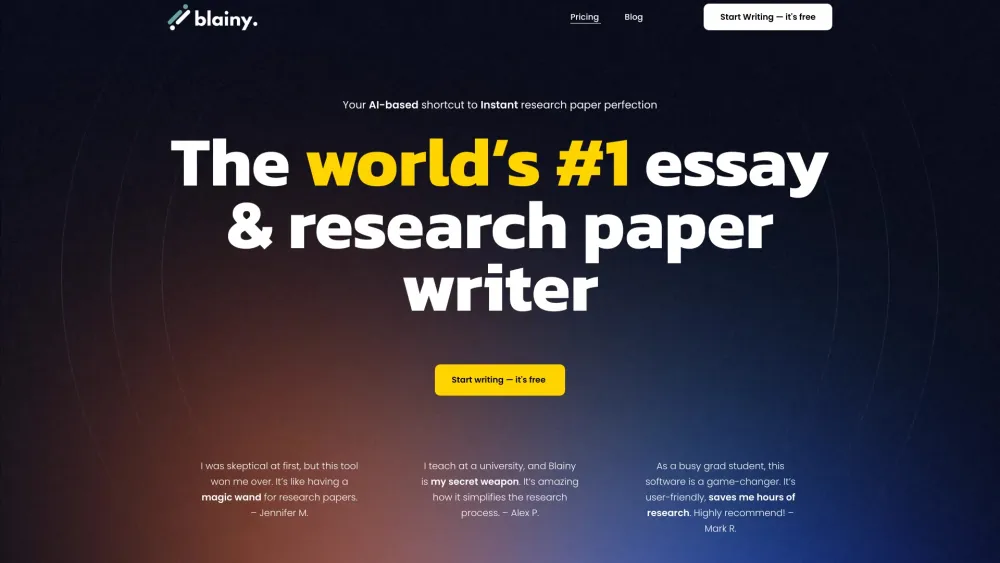Weav Launches Enterprise AI Copilots to Simplify Generative AI Integration
California-based startup Weav has emerged from stealth mode with the introduction of its Enterprise AI Copilots—a suite of low-code, plug-and-play tools designed to seamlessly integrate generative AI into existing business workflows.
This launch follows Weav’s recent seed funding round from Sierra Ventures, which aims to alleviate the challenges enterprises face in building and integrating AI. Weav's tools streamline the entire process, from model creation and training to deployment and monitoring.
“We believe business users should be able to easily initiate use cases by incorporating the right data to activate AI effectively and achieve tangible results,” said Weav CEO and co-founder Peeyush Rai. “Our platform’s design focuses on the right level of abstraction, which we've achieved through our copilot approach.”
Transformative Plug-and-Play Capabilities for Enterprises
Weav’s Enterprise AI Copilots are particularly beneficial for small and medium-sized businesses (SMBs) constrained by resources but eager to leverage AI technologies in their operations.
The copilots offer three primary functionalities: ready-to-use generative AI capabilities, connectors for data extraction from commonly used enterprise tools, and an API that enables developers to embed these capabilities into various applications.
The infrastructure stack needed to operate the copilots—including integrations, prompt management, foundation models like GPT-4 and Llama 2, vector databases, and security protocols—comes pre-integrated for convenience.
Key Functionalities of Weav’s Copilots
1. Document Copilot: This tool processes unstructured data—such as documents, images, and spreadsheets—extracting key entities and values. Users can employ natural language to search, summarize, or define criteria for compliance assessments.
2. Conversation Copilot: This functionality allows users to interact with their data using natural language, enabling them to perform necessary tasks based on their intent.
3. Search Copilot: This tool facilitates contextual searches across structured and unstructured data sources, translating user inquiries into appropriate native queries for accurate results.
As actions are initiated, the copilots manage various backend processes, including data protection, querying embeddings in vector databases, and conducting searches or database queries. “We are model agnostic, utilizing our models for specific tasks while also supporting third-party LLMs,” noted Rai.
In practice, these copilots frequently collaborate to enable users to extract valuable insights from both unstructured and structured data.
Supported Models and Early Adoption Success
Weav’s platform currently supports OpenAI’s GPT-4, GPT-3.5, and Llama 2, with potential integrations for Anthropic’s Claude and Cohere models. The response to Weav's technologies has been promising; several large companies—including a global management consulting firm and a leading pharmaceutical corporation—are testing the copilots in initial use cases.
These enterprises report accuracy levels between 87% and 95%, and early findings suggest productivity improvements or cost reductions of up to 75%.
Strategic Growth and Competitive Landscape
Following its seed funding in November 2022, Weav has focused on scaling its platform for enterprise needs. With the official rollout of the copilots, the company aims to enhance its marketing and sales strategies to attract more clients.
Moreover, Weav plans to expand its model support and develop core algorithms, along with a multi-modal foundation model aimed at maximizing unstructured data utilization. As interest in generative AI surges, Weav understands the competitive nature of this field, noting how companies like Dataiku and Databricks are already active in AI deployment.
Rai identifies four emerging trends within the competitive landscape, predicting that tech giants such as Microsoft, Google, and Amazon will increasingly incorporate generative AI tools into existing products. Additionally, incumbent software firms and new startups will compete alongside internal IT teams seeking DIY solutions.
“Our focus is on delivering real business value with a swift time-to-value and low total cost of ownership (TCO),” Rai emphasized. Weav’s commitment is to demonstrate initial value within 2-4 weeks and achieve production deployments in 4-6 weeks, marking a significant competitive advantage.
According to McKinsey, the implementation of generative AI could yield an additional $400 billion to $660 billion in operating profits for the retail and consumer packaged goods sectors alone, with potential contributions of $2.6 trillion to $4.4 trillion in global corporate profits across all industries.




